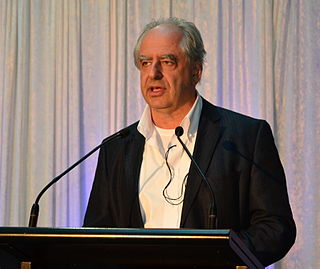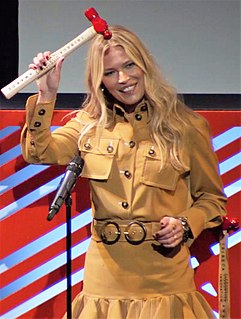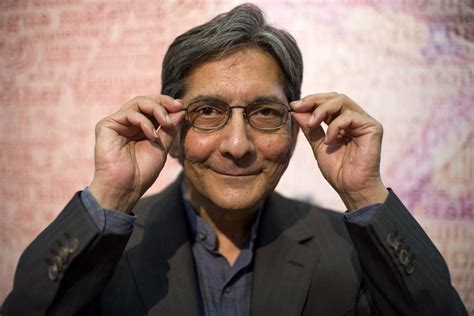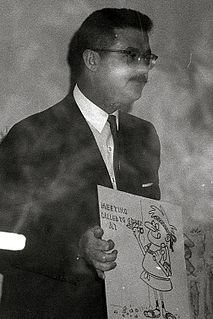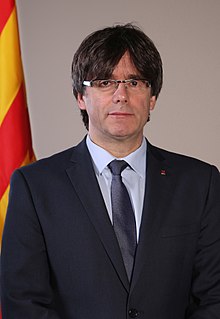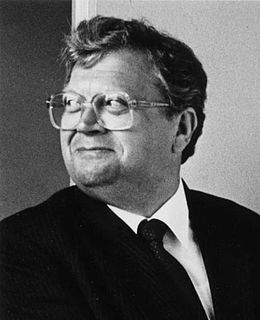A Quote by William Kentridge
My grandfather was a member of Parliament for 40 years. Obviously we're talking here South Africa, a whites only parliament. I grew up in a family that was very involved with the legal battles against apartheid—the great treason trials in the 1950s and early '60s, and later with the legal resources center that my mother founded. My father was involved with a number of very prominent cases that had political aspects to them, whether it was the inquest into the Sharpeville Massacre, the death of Steve Biko, or one of the trials of Nelson Mandela.
Quote Topics
Africa
Against
Apartheid
Aspects
Battles
Biko
Cases
Center
Death
Early
Family
Father
Founded
Grandfather
Great
Grew
Grew Up
Had
Involved
Later
Legal
Mandela
Massacre
Member
Mother
My Grandfather
Nelson
Number
Obviously
Only
Parliament
Political
Prominent
Resources
South
South Africa
Steve
Talking
Them
Treason
Trials
Up
Very
Whether
Whites
Years
Related Quotes
South Africa is not Cameroon. It's a strong economy. I think they should be the first ones setting an example - improving the legal punishments for those that are involved, reinforcing the borders from every angle, meaning that even the diplomatic plane that lands in South Africa should not have the green light to leave without having the plane inspected. Obviously, those guys are often involved. If I get killed for saying that, so be it. That is the fact. There's way too many important people that are involved that don't want to change.
I remember my emotions the day we watched Nelson Mandela walk out of prison Writing & literature in South Africa during the anti-apartheid years, became a 'cultural weapon.' You had to use it to fight apartheid & some of us resisted that in the end, you recognize that you are facing a government that has no scruples about using culture & art to oppress you.
Legality alone is no guide for a moral people. There are many things in this world that have been, or are, legal but clearly immoral. Slavery was legal. Did that make it moral? South Africa’s apartheid, Nazi persecution of Jews, and Stalinist and Maoist purges were all legal, but did that make them moral?
When we shot "Cry Freedom," I wasn't even allowed in South Africa. They told me I could come but I wasn't going to leave. I had heavy death threats at that time. So we shot in Zimbabwe. In 1995, I had the privilege and the honor to meet Desmond Tutu and Nelson Mandela the same day: I had breakfast with Desmond Tutu and lunch with Nelson Mandela. Then I had the good fortune to have Mr. Mandela actually come to my house in California. There's been a tremendous amount of change.
Parliament is not a congress of ambassadors from different and hostile interests; which interests each must maintain, as an agent and advocate, against other agents and advocates; but parliament is a deliberative assembly of one nation, with one interest, that of the whole; where, not local purposes, not local prejudices ought to guide, but the general good, resulting from the general reason of the whole. You choose a member indeed; but when you have chosen him, he is not a member of Bristol, but he is a member of parliament.
